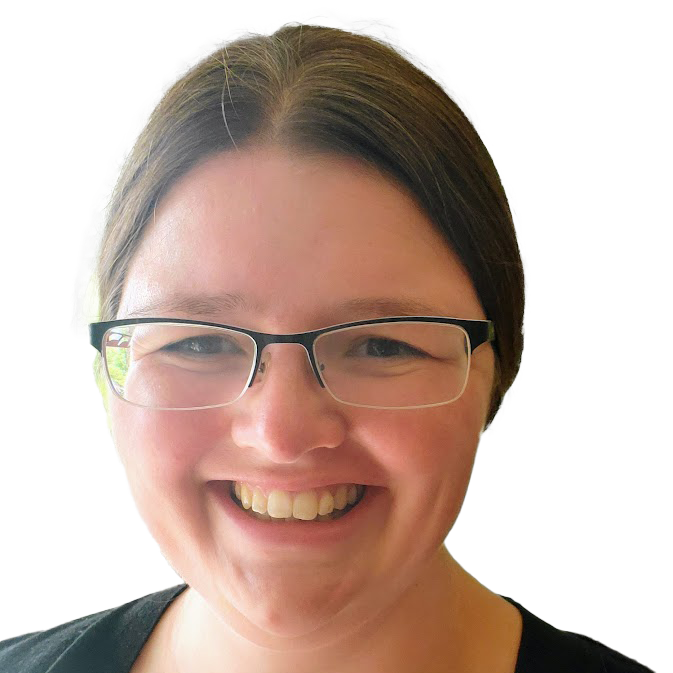As part of our #NextGenPhysicians blog series, Dr Rhiannon Hughes, former RCP chief registrar, and now an acute medicine consultant, shares how she helped transform staffing challenges at North Bristol NHS Trust by creating a clinical fellow programme that offers flexible rotations, professional development time and strong support – turning a recruitment issue into a career development success.
When I started as the RCP chief registrar at North Bristol NHS Trust, I was handed a significant challenge: finding a solution to the widespread vacancies in the post-foundation locally employed doctor (LED) roles. The reality was stark. By August 2018, only six of the 16 positions in medicine were filled, leaving rota gaps that were affecting both patient safety and staff morale. This was my opportunity to make a difference, and I knew we needed to create something that would not only fill these vacancies but also give doctors at this stage in their careers a more fulfilling experience.
I dove into the research. I reviewed programmes from other trusts, analysed BMA and GMC surveys, and thought deeply about what really matters to doctors at this pivotal time. I wanted to create something unique – a programme that would offer flexibility, development, and meaningful learning experiences. And that’s how the clinical fellow programme in medicine was born.
The design of the programme was intentional. We created varied 4-month rotations, mirroring the structure of internal medicine (IM) training, and included a 20% allocation of paid time dedicated to professional development. I also recognised that doctors might want flexibility, so we offered contracts of less than 12 months, allowing for travel or personal time before specialty training. Understanding the importance of work–life balance, especially for doctors with families abroad, we even allowed unpaid breaks mid contract.
But the key, I knew, would be in the support we provided. Each fellow is assigned both educational and clinical supervisors, with the same amount of dedicated time as an IMT doctor would receive. Supervisors can range from consultants to specialty doctors and registrars, which also gives registrars an opportunity to develop their supervision skills. The intention was clear: create a supportive environment where everyone benefits.
We didn’t stop at just offering professional development time. We backed it with resources – a £500 study budget per year and up to £1,000 bursaries for those pursuing further qualifications, attending conferences or participating in courses. While not every fellow uses the full amount, the opportunity is there, and it’s rewarding to see the variety of ways doctors take advantage of it.
Before we launched the programme, we needed to ensure that we could handle the increase in posts due to the development time we were building in. Using the RCP safe staffing guide, we modelled our existing staffing and adjusted our recruitment numbers accordingly. The result? By December 2022, we were consistently filling 97% of our posts. Half of the fellows we’ve taken on are international medical graduates, and nearly all embrace the 20% professional development time, using it for incredibly diverse and impactful projects. This year alone, fellows have set up ultrasound-guided vascular access teaching, worked with local homeless healthcare services, and collaborated with Wiltshire air ambulance service, among other achievements.
The success of the programme hasn’t gone unnoticed. Other specialties struggling with LED recruitment have now joined the programme, allowing us to offer even more varied rotations. We’ve also coordinated closely with the IMT programme lead to ensure consistent ward staffing despite shifts in allocations.
Of course, with success comes scrutiny. We’ve faced pressure to reconsider the 20% professional development time, especially given the constant pressure on inpatient wards. To defend this crucial part of the programme, we’ve implemented quarterly reports where fellows anonymously share how they’ve spent their development time. Supervisors are also encouraged to discuss this with their fellows. This feedback helps us advocate for maintaining this time and helps consultants understand its value.
The popularity of the programme continues to grow. This year, in just 3 and a half weeks, we received over 2,000 applications for the 2024–25 roles and shortlisted from 350 applicants with NHS experience. We ran 70 interviews and appointed 16 doctors, who will join 24 others extending their contracts. Many of the fellows extending their time with us are aiming to complete their CREST form or continue their applications for training programmes.
However, the journey hasn’t been without challenges. The time it takes to shortlist and interview enough candidates, managing flexible contract dates, and ensuring that educational supervisors feel equipped to support fellows effectively are all ongoing issues. We’ve also had fellows ask about completing alternative certificates for higher specialty training, which isn’t something we can currently offer. That said, we do support fellows working towards IM stage 1 portfolio sign-offs and encourage them to use their development time to attend clinics that may allow them credit in future IM training.
Looking back, the impact of the clinical fellow programme has been profound. Consultant colleagues regularly approach me with opportunities for fellows to join projects that not only benefit their career development but also align with departmental and trust priorities. The enthusiasm of our fellows is contagious, and their contributions are invaluable.
The most rewarding part for me is seeing how indistinguishable our locally employed doctors have become from those in formal training programmes. What began as a solution to a staffing problem has evolved into a programme that attracts some of the brightest and most motivated doctors – a testament to the value of investing in their growth and development.
This piece is part of the RCP's #NextGenPhysicians series of guest blog posts. If you are an early career doctor with a story you’d like to tell, please contact Hannah.Perlin@rcp.ac.uk.






